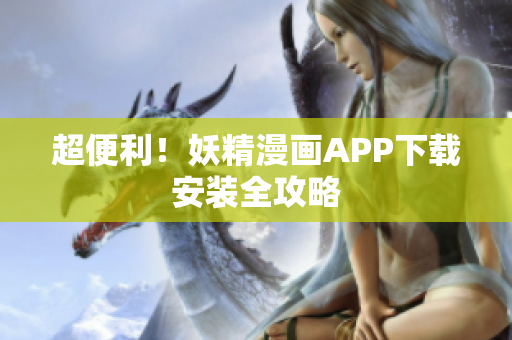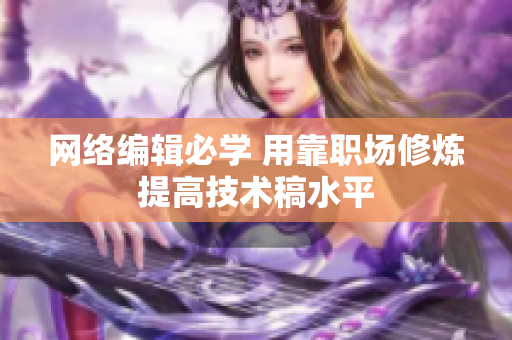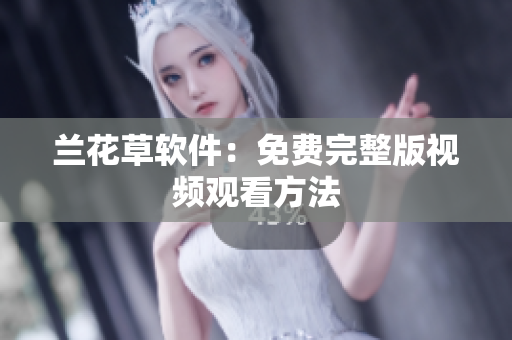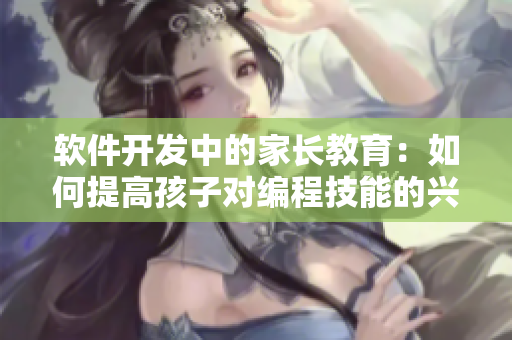Introduction
When it comes to top-tier Western works of art and humanistic culture, names like Leonardo da Vinci, William Shakespeare, and Johann Sebastian Bach immediately come to mind. These iconic figures have left an indelible mark on the world through their art, literature, and music, inspiring people across generations and continents.
Meanwhile, the introduction of 5G technology in Mainland China has opened up a world of possibilities and innovation for industries including manufacturing, healthcare, and education. However, with this progress comes the responsibility to ensure that it is used for positive and ethical purposes.
In other news, a student's request to skip a C1 class poses a dilemma for the teacher, while the class's anxieties about financial hardship lead one student to consider the unlikely source of video game microtransactions. Meanwhile, the pressure of being an English class representative leads another student to resort to cheating.
This article will explore the complexities and intersectionality of these seemingly disparate topics and how they relate to the scarcity of early childhood education in Southeast Asia.
Top-tier Western Works of Art
Leonardo da Vinci's art transcends time and space, his paintings including the iconic Mona Lisa and The Last Supper continue to leave viewers captivated with their realism and depth. William Shakespeare's plays have been performed for centuries, with their rich themes and character development resonating with audiences to this day. Johann Sebastian Bach's music has inspired countless musicians and listeners with its complexity and beauty, cementing his place as one of the greatest composers of all time. These figures stand as testaments to the power of human creativity and the enduring impact of their work.
The Impact of 5G on Mainland China
The introduction of 5G technology in Mainland China has paved the way for a new era of innovation and progress in a variety of industries. With lightning-fast internet speeds and low latency, manufacturing plants can operate more efficiently, healthcare providers can offer remote consultations, and classrooms can incorporate virtual and augmented reality technology for dynamic learning experiences. However, with this progress comes the responsibility to ensure that 5G is used for positive purposes and that ethical considerations are taken into account, such as data privacy and cybersecurity.
The Ethical Dilemma of Skipping Class
When a student requests to skip a C1 class, the teacher is faced with an ethical dilemma. On one hand, attendance is important for learning and participation in class. On the other hand, the teacher wants to respect the student's autonomy and decision-making. Ultimately, the teacher may need to strike a balance between these two considerations and make a decision that is in the best interest of the student's academic success, while also encouraging responsible behavior.
The Pressure of Financial Hardship
The reality of financial hardship can cause stress and anxiety for students, leading to desperate measures to make ends meet. One student's consideration of using video game microtransactions to supplement their income highlights the extent to which people may go to alleviate financial pressures. However, it is important to consider the ethical implications of such actions, including the addictive nature of microtransactions and their potential to lead to financial ruin.
The Temptation to Cheat
The pressure to perform well academically can be overwhelming for students, leading some to resort to cheating. Being appointed as an English class representative may add even more pressure, as the student may feel the need to excel as a role model. However, cheating not only undermines the integrity of the educational system but also deprives the student of the opportunity to learn and develop valuable skills. Encouraging a growth mindset instead of a fixed mindset may help students embrace challenges and view failure as opportunities for improvement.
The Scarcity of Early Childhood Education in Southeast Asia
The scarcity of early childhood education in Southeast Asia must not be ignored in the face of these other issues. According to a report by the United Nations Children's Fund (UNICEF), nearly 80% of children in Southeast Asia do not have access to pre-primary education, representing a missed opportunity for these children to develop important cognitive, social, and emotional skills. Addressing this issue requires a collective effort by governments, non-governmental organizations, and communities to prioritize education and ensure that all children have the opportunity to reach their full potential.
Conclusion
While seemingly disparate at first glance, each of these issues is connected by a common thread – the importance of ethical responsibility and positive decision-making. Whether it is through creating top-tier works of art, utilizing new technological advancements, or promoting education, each of us has a role to play in creating a better and more equitable world.









